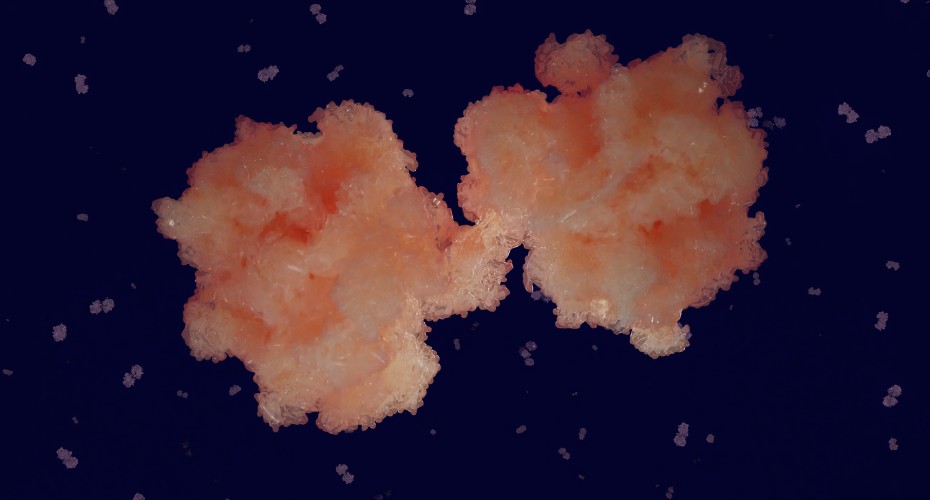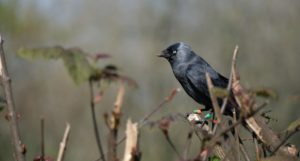Molecular Protein Factories Huddle Up to Hibernate When Cells Go to Sleep

credit: Dr Bertram Daum
An international collaboration of scientists led by Dr Bertram Daum at the Living Systems Institute, University of Exeter (UK) have made a ground-breaking discovery that sheds light on the fascinating behaviour of ribosomes – the molecular protein factories within cells.
Their research reveals how these vital cellular components huddle up and effectively hibernate when cells enter a state of dormancy. The team of researchers investigated Microsporidia, tiny eukaryotic parasites that occur as spores in the environment.
“These microsporidian spores are in a sleep-like state called dormancy” co-author Dr Bryony Williams explained. “This means that their metabolism is reduced to a minimum to conserve energy”.
To reproduce, the spores must infect an animal or human body, for example through contaminated drinking water. Once inside the body, they “wake up”, invade the cells of the infected host, feed on them, and reproduce. This can destroy the affected body cells and can thus cause serious disease.
During their investigation of the dormant spores, the team made a significant discovery related to their ribosomes – molecular machines that produce new proteins.
Dr. Daum explained, “We found that most of the ribosomes in these dormant spores hibernate. They are switched off by binding special proteins that block their function and by pairing up into so-called dimers.”
“Switching off their ribosomes is important for these spores, as it conserves the scarce energy that the spores have, by limiting protein production” co-author Dr Becky Conners said.
“However, the ribosomes are primed to become active once they infect an animal or human, and this is what enables the microsporidia to parasitise and spread through the infected body”.
A similar mechanism was known in bacteria but its existence in higher organisms, called eukaryotes, was so-far unknown.
To become active, the ribosome pairs must separate. “We found that 20 per cent of the ribosomes in dormant cells are not in pairs” co-author Dr Mathew McLaren said.
“We think that these ribosomes are the ones that must remain active, so that the spores can produce at least some essential proteins to survive.”
This research has broad implications, as it can inform the development of drugs that target ribosome pairs in parasitic or other pathogenic spores, preventing them from activating. This could potentially lead to new strategies for combating infectious diseases.
The research is published in Nature Microbiology on Thursday, September 14th 2023.



